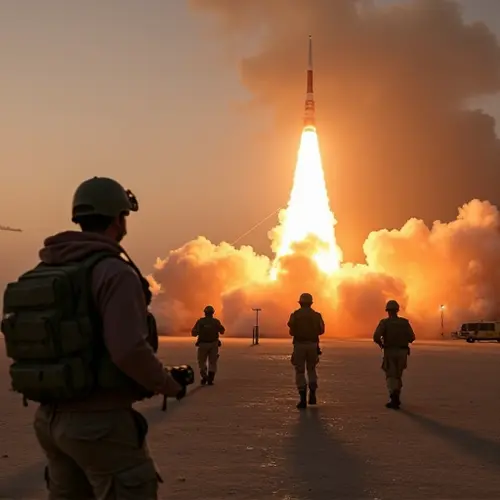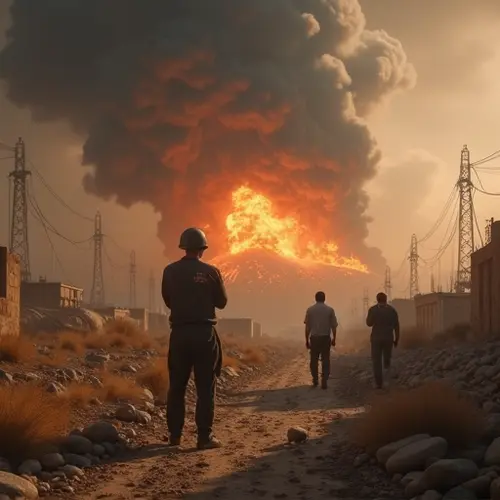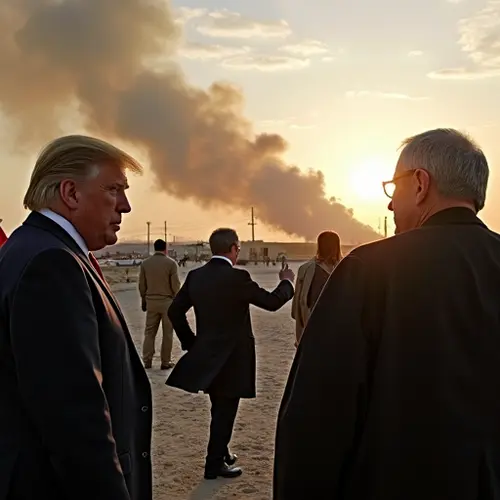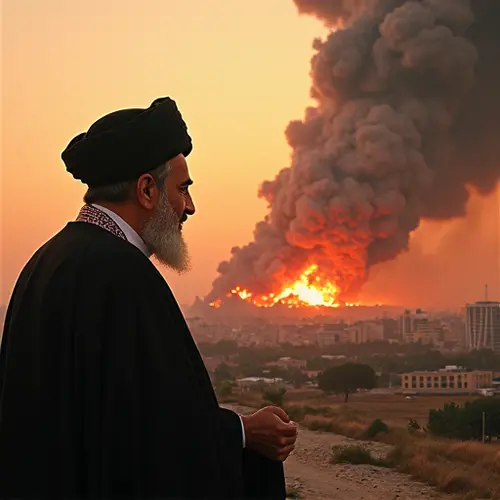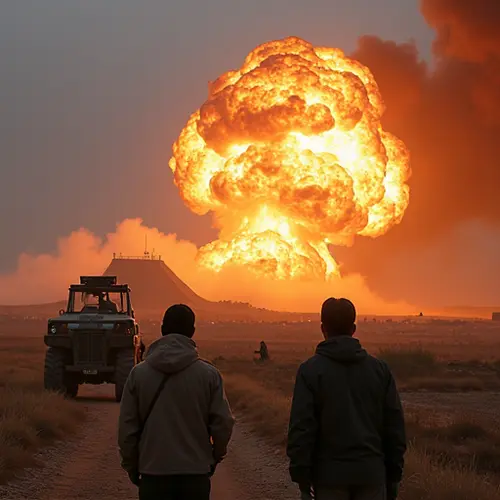
Israel’s Preemptive Defense Strategy: Legal and Ethical Debate
UN Reactions and Global Legal Interpretations
On June 13, 2025, Israel launched a large-scale preemptive strike against Iran, targeting nuclear facilities, military installations, and key personnel. The operation, dubbed "Rising Lion," has sparked intense debate over its legality under international law, particularly the UN Charter, and its ethical implications.
UN Security Council Emergency Meeting
The UN Security Council convened an emergency session to discuss the Israeli strikes. Reactions were mixed, with Middle Eastern nations condemning the attack as a violation of international law, while Western countries, including the US, France, and Germany, acknowledged Israel’s right to self-defense under Article 51 of the UN Charter.
Legal Framework: Preemptive vs. Preventive War
Legal scholars are divided on whether Israel’s actions qualify as preemptive or preventive. Preemptive war is justified under international law if an attack is imminent, whereas preventive war, aimed at neutralizing a potential future threat, is widely considered illegal. Israel argues its strike was preemptive, citing intelligence indicating Iran’s imminent nuclear threat.
Ethical Considerations
The ethical debate centers on the proportionality of Israel’s response and the potential for escalation. Critics argue the strike risks destabilizing the region further, while supporters contend it was necessary to prevent a nuclear-armed Iran.
Conclusion
The legality and morality of Israel’s preemptive defense strategy remain contentious. As the UN deliberates, the global community watches closely, weighing the balance between national security and international law.

 Nederlands
Nederlands
 English
English
 French
French
 Deutsch
Deutsch
 Espaniol
Espaniol
 Portugese
Portugese




